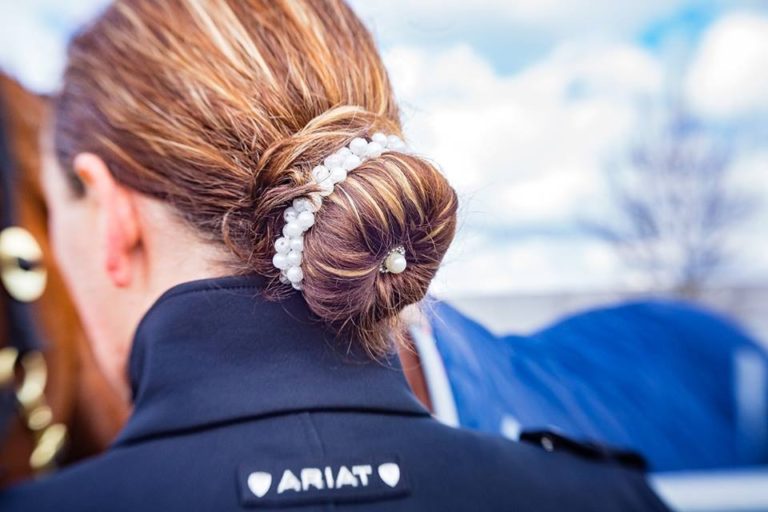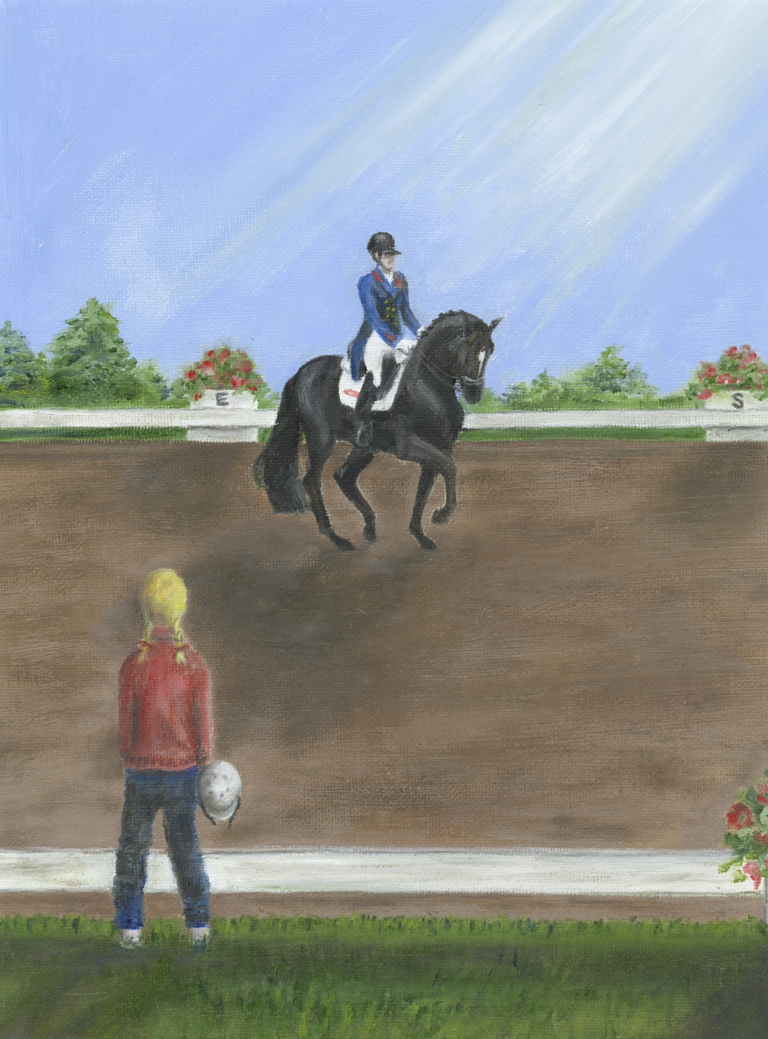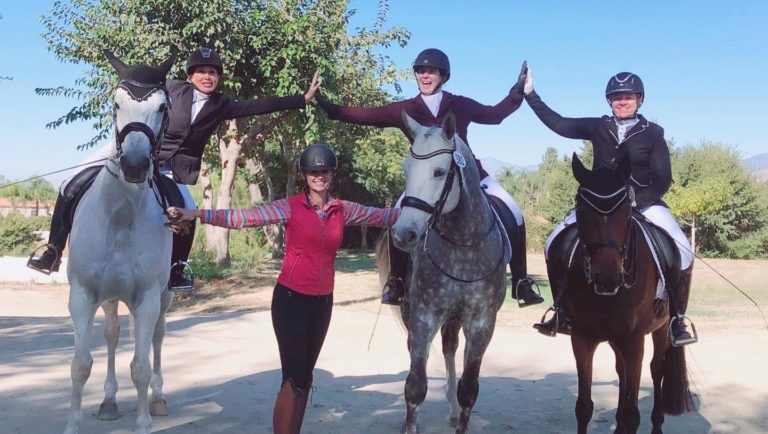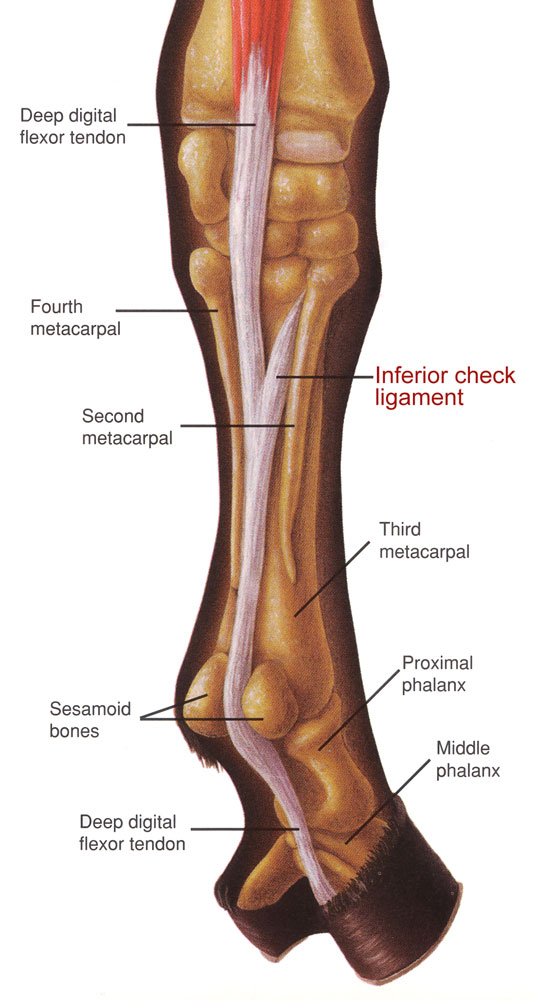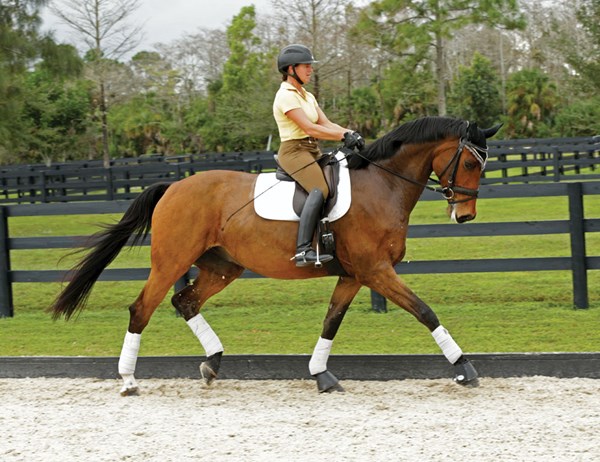
How do you define pressure? Really, stop reading for a minute and think about it. I was giving a talk the other day about performing under pressure and as people were talking about what they struggle with, it became clear that many of them had very little ability to actually define or accurately describe the concept of pressure. What people did describe was the result of what pressure did to them: It made them worried, negative, fearful, lack focus, have a brain freeze, feel defeated, etc. “Pressure” is defined in the dictionary as (noun) “the exertion of force upon a surface by an object” and as (verb) “to force someone toward a particular end.” After reading that you can’t help but wonder what that really means.
Pressure, in our vernacular, is mostly inflicted by the self, on the self. It is a drive, a desire or a dream we can’t help but pursue. We live in a hard-working, success-oriented world these days, and most of us are pretty hard on ourselves. That being said, it still doesn’t change the way we feel when we either apply or receive pressure! So how do you perform under pressure? The best answer is to prepare for it.
There are three types of preparation to think about: physical, mental and emotional. Physical preparation is the most obvious and the easiest to measure. We spend most of our time preparing physically. It includes our own physical preparation (your fitness and nutrition routine) but we mostly tend to focus on our horse’s physical training program. All three types are important yet the physical preparation is the one that gets the most attention and that needs a little balancing.
Mental preparation is how you think about your performance (whatever kind of performance you are engaging in). The main element in mental preparation is focus. As I have mentioned before, focus is a muscle, a skill and a tool that needs to be sharpened and practiced. Human beings have a remarkable capacity for thought, and controlling your thoughts via your focus is a major key to excellence in performance. Preparation is a direct line to great focus: The more prepared you are, the easier it is to focus on the task at hand. When you know you are prepared, focus just seems to fall into place. When you are distracted, worried or negative is when you are either not prepared for your goal or you are not connecting to your level of preparation. Focus on your preparation to guide your thoughts as you train and perform. You have to practice this to get good at it, by the way.
Emotional preparation is the tough job of addressing the emotion that comes up from your mental preparation. I have worked with athletes of all levels in just about every sport and one thing is common: We all get nervous! It’s not that the successful people have it all under control and don’t feel nerves or pressure. It’s that they are prepared for it in a way that prevents nerves or pressure from disrupting performance. You have to mentally confront the things that make you emotional so you are prepared for them. If all you have to do is think about your next show and you get nervous, then I want you to think about your next show. You can be nervous and still perform wonderfully. But you have to have experienced the emotional disruption prior to the event so that when it happens at the event (and it will happen), you recognize it and it doesn’t throw you off balance—emotionally, mentally or physically. You simply get to work on the performance you prepared for.
When you are prepared, you are focused. And when you are focused, you are confident. Practice this daily, just like you practice leg yield or flying changes. Performing under pressure comes from preparation, and anyone can work to prepare for anything.
Jenny Susser has a doctoral degree and is licensed in clinical health psychology, specializing in sport psychology. A four-year all-American swimmer at UCLA, she swam on two national teams and at the 1988 Olympic Trials. She has worked with athletes of all sports and ages—collegiate, professional, international and amateur. She was the sport psychologist for the 2010 WEG South African Para-Dressage Team and the 2012 U.S. Olympic Dressage Team. Dr. Jenny is also a performance coach with Human Performance.




